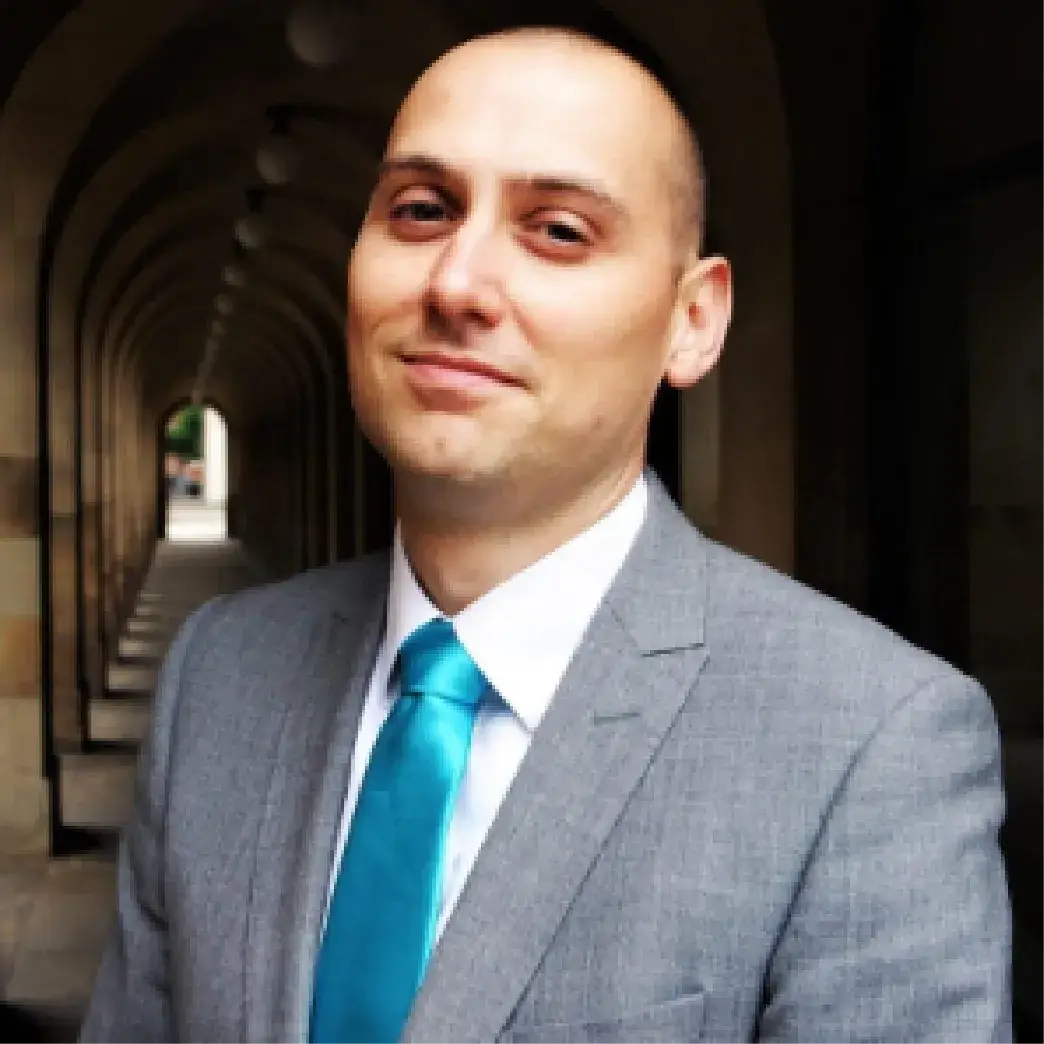A conviction for drink driving almost always results in a minimum ban of 12 months as well as a fine. Community orders and prison sentences can be handed down for more serious cases.
John Ruane has been at the forefront of drink driving law for many years and has had conduct of numerous High Court cases which have shaped how courts approach the offence.
Do I need a solicitor for a drink driving offence?
The answer to this question very much depends on how serious the offence is and what you hope to achieve by instructing a solicitor to assist you. If you are dependent on your driving licence and you want to fight the charge all the way to trial, then, yes we would suggest that you absolutely should instruct a solicitor to assist you with your case. Similarly, if you are at risk of a prison sentence or a community order, then it would always be in your best interests to instruct a solicitor to advise you properly and to fight your corner in court. Drink driving law is complex and has been subject to many recent High Court judgments which your solicitor will need to be aware of when presenting your defence. It is therefore imperative that you instruct a solicitor that specialises in this area of law.
How can I be acquitted for drink driving?
The easiest way to answer this question is to, firstly explain what the Crown is required to prove to secure a conviction. The two basic elements of the offence are:
- That they can prove that you were driving a mechanically propelled vehicle on a road or other public place whilst;
- Over the prescribed limit in alcohol
In most cases, it is easy for them to prove that the suspect was driving because the majority of drink driving cases come about after the police have required the suspect to stop their vehicle. Therefore it is immediately proven that they were driving at the time. However, there are scenarios when the issue is not as straightforward, e.g. when there has been an accident, and the driver has left the driver’s seat by the time the police arrives. In such a scenario, the police will likely want to interview the suspect under caution at the police station. If this has happened to you, then you should obtain specialist legal representation before the interview as this can often be the difference between being charged with the offence and the police deciding to take no further action.
The second matter is more complex in that any defendant has a right challenge the reliability of the police’s alcohol analysis, regardless of the specimen type. This challenge is usually borne out via the introduction of expert evidence considering the defendant’s most likely alcohol reading based upon their recollection of their alcohol consumption. Such a defence presented in isolation is unlikely to succeed, and therefore more technical arguments will usually need to be advanced in order to secure an acquittal to the charge.
Other examples of defences
The main “factual” defence to a drink driving charge is that of a post-incident or “hip flask” defence. This means that the defendant must prove that they were not over the limit at the time of driving, but rather, alcohol consumed post driving caused them to be over the legal limit. Any defendant that wishes to advance this defence is required to prove “on balance” that their account is accurate. If the court accepts their evidence, then they should be acquitted. This is usually supported by expert evidence which takes into account the defendant’s consumption both before and after they drove and considers the likelihood of them being over the legal limit at the time of driving and also the plausibility of their argument that the post-incident consumption could account for the reading found by the police.
As you will hopefully note from the above, John is a vastly experienced drink driving solicitor and therefore will no doubt be able to assist you if you have been charged with this offence. Please do get in touch for a free consultation if you require assistance with this matter.


